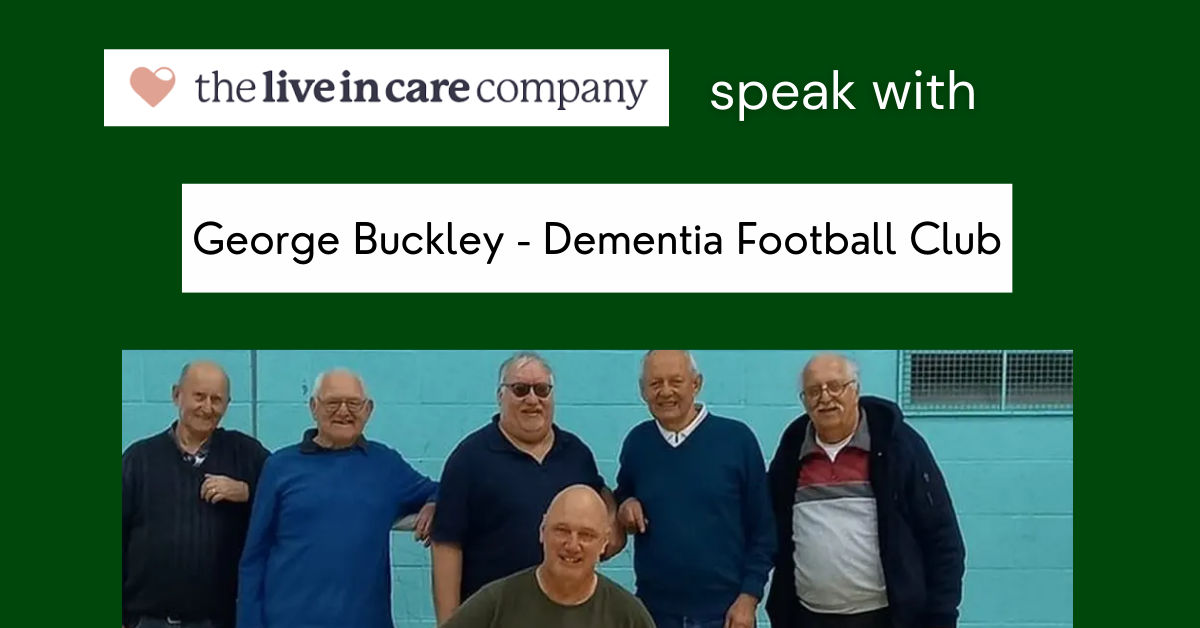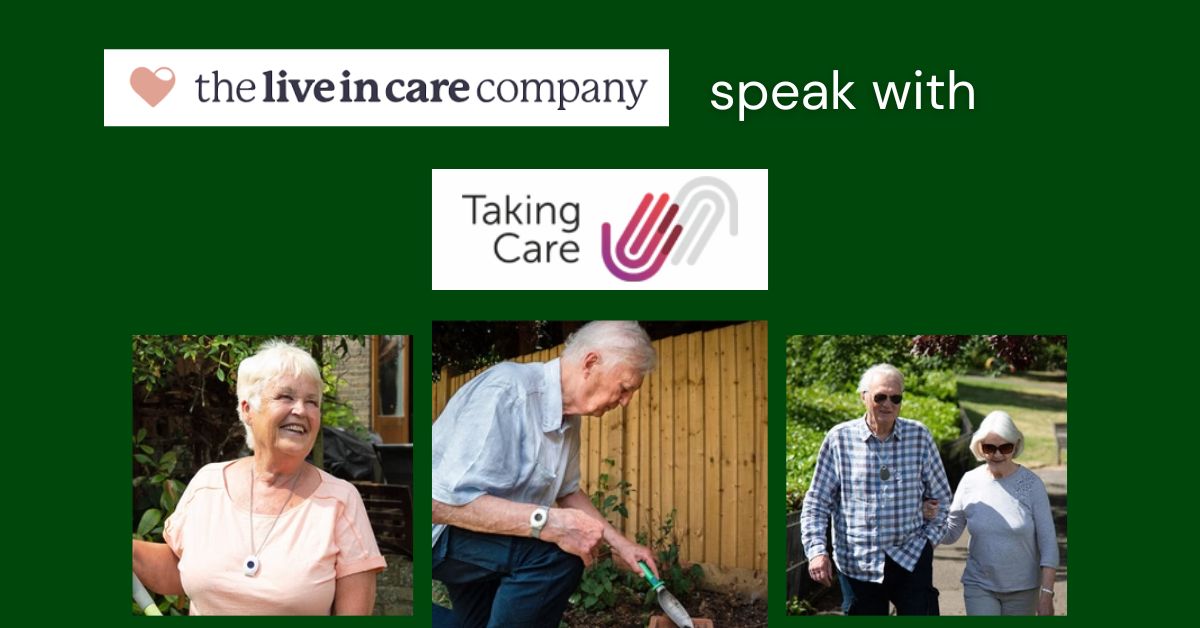
From Compassion to Collapse: Understanding and Managing Caregiver Stress
In this conversation, Luca Rado, co-owner of The Live In Care Company, speaks with Ruth Fogg of StressWorks to explore the challenges of caregiving and how stress can impact caregivers. Ruth, who has personal experience caring for her son and mother, emphasises the importance of understanding stress and its various stages.



Speak to one of our experts
Our friendly experts are here to help from 9am to 7pm, 7 days a week.
Stress is a common experience for people of all ages and backgrounds. Ruth defines different stages of stress: positive eustress, daily hassles, pressure, and distress. Chronic stress, she explains, can lead to burnout and physical illness. It is important to understand how stress manifests in the body and mind in order to treat it.
The conversation between Luca and Ruth Fogg dives deep into the various causes of stress that can impact our daily lives. They acknowledge the strain of work pressure, a common source of stress for many people. Long hours, demanding deadlines, and a competitive work environment can all contribute to feeling overwhelmed.
Beyond work, the conversation explores the impact of stress from our personal lives. Family dynamics, disagreements with loved ones, and caregiving responsibilities can all take a toll on our well-being. Ruth even touches on the stress associated with grief, highlighting how the emotional turmoil of loss can manifest physically.
“Going back to Victorian times, people were expected to grieve for 12 months. They would wear different colours from black, to purple, to lilac, to white, throughout the year. But when the First World War came about, the women weren’t allowed to have a year’s grieving process, because they were needed in the factories and so on. So, it was reduced to two weeks, and that’s what it is now. . . When you think about it, and I speak from my own experience, you cannot recover from a grief in two weeks. It’s ridiculous!” Ruth Fogg
Watch the full interview HERE
By understanding these different sources of stress and their impact on our minds and bodies, we can begin to develop effective coping mechanisms.
The Power of the Subconscious Mind
The mind is divided into the conscious and subconscious mind. The subconscious mind is much larger and more powerful than the conscious mind. Ruth explains the power of the subconscious mind, where memories and negative beliefs can contribute to stress. She discusses how therapies like EFT tapping can help release these negative emotions and limiting beliefs.
Stress Management for Caregivers
Specifically for family caregivers, Ruth acknowledges the unique stressors they face. She encourages acceptance of the situation and support-seeking behaviour. Practicing self-care and managing expectations are also crucial for caregiver well-being
Effective Stress Management Techniques
As a stress management therapist, Ruth offers different techniques to address stress in the subconscious mind, including
- Stress management therapy sessions that focus on the subconscious mind.
- Techniques, including EMDR (Eye movement desensitization and reprocessing) , hypnosis, and EFT tapping.
- EMDR helps to alleviate immediate stress.
- Hypnosis can be a powerful tool for relaxation and change.
- EFT tapping is a self-help technique that can be used to manage emotions and physical tension.
Ultimately, the conversation highlights that caregiving, while challenging, can be a rewarding experience. By understanding stress and employing effective coping mechanisms, caregivers can take care of themselves while caring for their loved ones.








